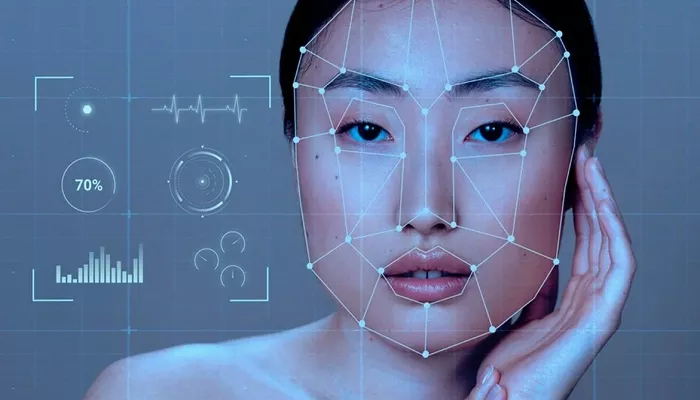Technology is transforming the beauty world, making treatments faster, safer, and more accessible than ever before. Around the globe, more people are turning to modern, personalised beauty solutions that enhance their appearance with the help of high-tech tools.
From ultrasound facelifts and radio frequency (RF) skin tightening to AI-powered diagnostics and augmented reality (AR) makeup try-ons, the industry is shifting toward smart, non-invasive options. These innovations are not only changing how we care for our skin, but also making top-tier beauty services more inclusive. Now, people of all ages and backgrounds can experience personalised skincare with ease.
A New Era of Beauty
The beauty industry is evolving beyond traditional methods. With tools like AI-driven skin analysis and digital makeup testing, customers can now receive personalised advice without stepping into a store. Instead of guessing which product works best, users can try on hundreds of lipstick shades or test new hairstyles virtually in seconds.
This growing transparency has helped brands build stronger trust with customers. AI scans detect everything from skin hydration to sun damage, offering precise suggestions. Meanwhile, AR lets shoppers preview products before buying—reducing waste and improving satisfaction.
Rejuvenation Without Surgery
In the area of anti-ageing, technology has brought major changes. Treatments like Ultherapy use ultrasound energy to reach deep beneath the skin, stimulating collagen and tightening skin naturally. Just one 60-minute session can deliver long-lasting results—without any cuts or downtime.
Thermage FLX, another top innovation, uses RF energy to smooth wrinkles and tighten facial contours. Its results appear almost instantly, making it a favorite among professionals and celebrities. This method is especially effective for sagging eyelids, crow’s feet, and jawline definition.
Other popular treatments include Crystal Perfect Skin 5.0, which uses Japanese stem cell technology to heal and nourish the skin, and Exosome therapy, which speeds up skin recovery three times faster than traditional methods.
AI: The Future of Skincare
Artificial Intelligence is becoming an essential tool in modern beauty. It can measure moisture levels, detect fine lines, and identify skin problems that aren’t visible to the naked eye. Companies like SkinCeuticals and Neutrogena use AI to create detailed skin reports and recommend custom treatments.
In Vietnam, advanced skin scanners imported from Korea are now found in premium spas. These smart machines complete skin assessments in under 10 minutes, and users can view results and get treatment advice directly on their phones. Even smaller beauty providers are adopting affordable AI tools to offer digital consultations.
Biotechnology Joins the Beauty Revolution
Biotech is quietly changing how beauty products are made and used. It offers solutions that are safer, more effective, and more sustainable. For example, Biossance uses fermented sugarcane to create bio-squalane, a natural alternative to shark-derived squalane.
L’Oréal has teamed up with biotech company Debut to develop eco-friendly ingredients, while One Skin is working at the cellular level to slow skin ageing. In Asia, Korean brand EOGEN blends prebiotics and probiotics into its formulas, and Dr. Wu in Taiwan uses bio-based mandelic acid. FRANZ Skincare combines science and non-invasive technology to deliver deep hydration through hyaluronic acid.
A Multi-Billion Dollar Market
Beauty tech is now a booming industry. Valued at $66.17 billion in 2024, the global market is expected to grow to $172.99 billion by 2030. That’s a yearly growth rate of nearly 18%. Clean beauty is also rising fast, forecasted to jump from $8.25 billion in 2023 to $21.29 billion by 2030.
Natural and organic cosmetics could reach $59 billion by 2031, with about one-third of products already labeled “clean.” Consumers are increasingly looking for personalised experiences—71% prefer products tailored to their needs. Big names like Unilever are using AI to meet this demand, and brands like Fenty Beauty are winning over fans with inclusive shade ranges. Fenty’s foundation line alone has brought in $2.8 billion in revenue.
As technology continues to evolve, beauty is becoming more intelligent, sustainable, and inclusive. What once seemed futuristic is now the new standard—offering convenience, customisation, and confidence to users everywhere.
Related topics:


